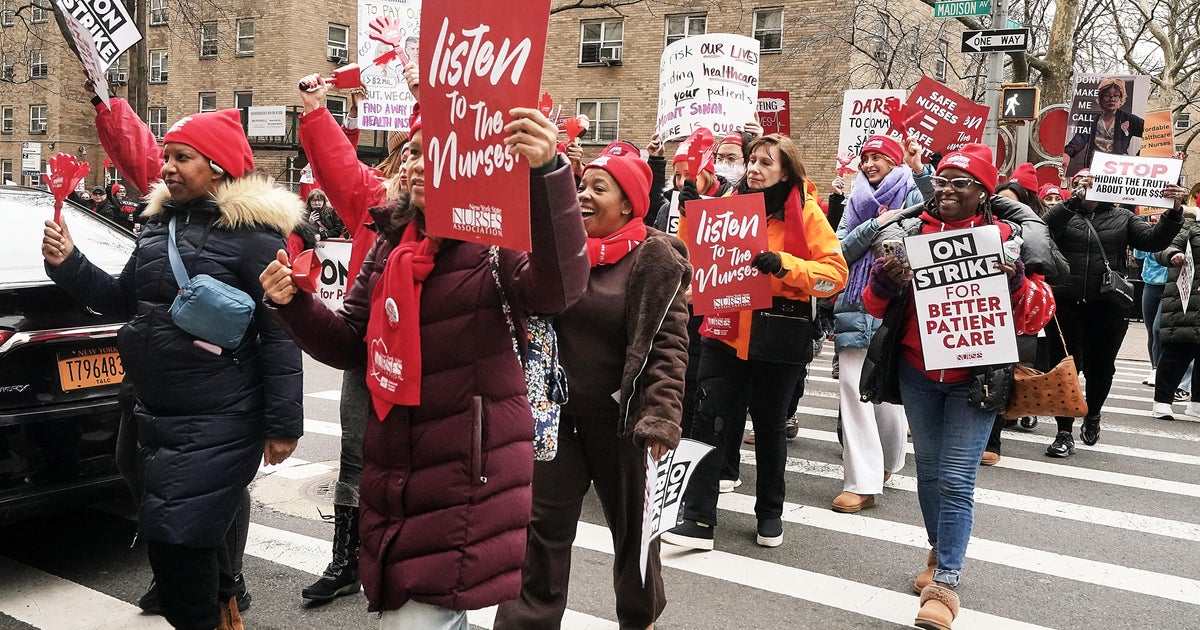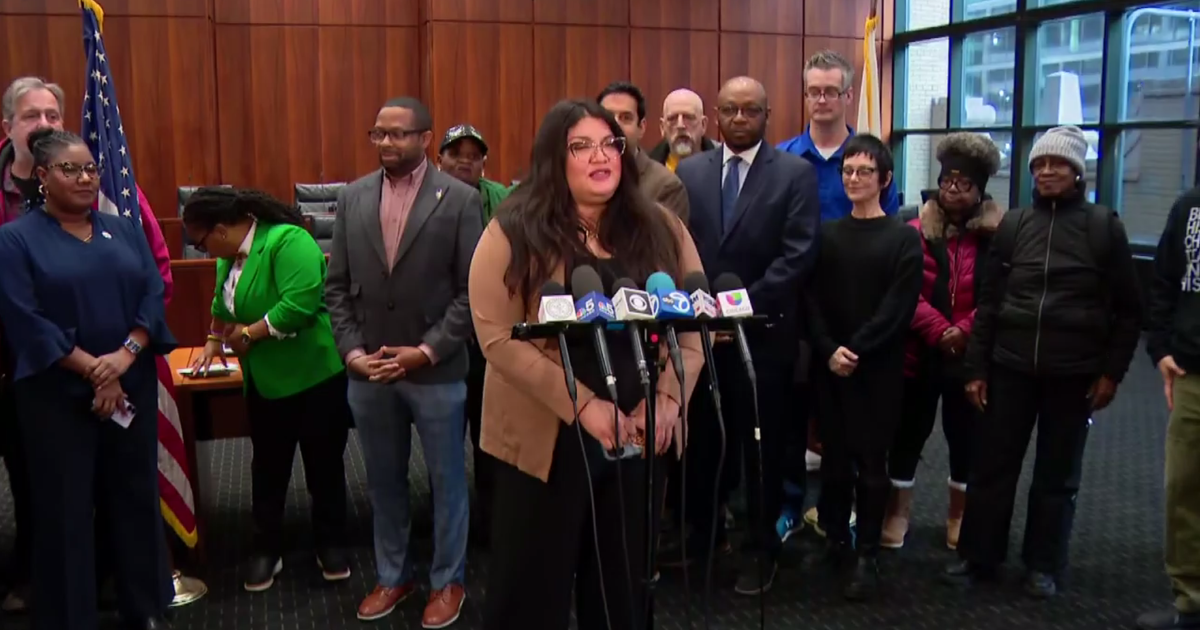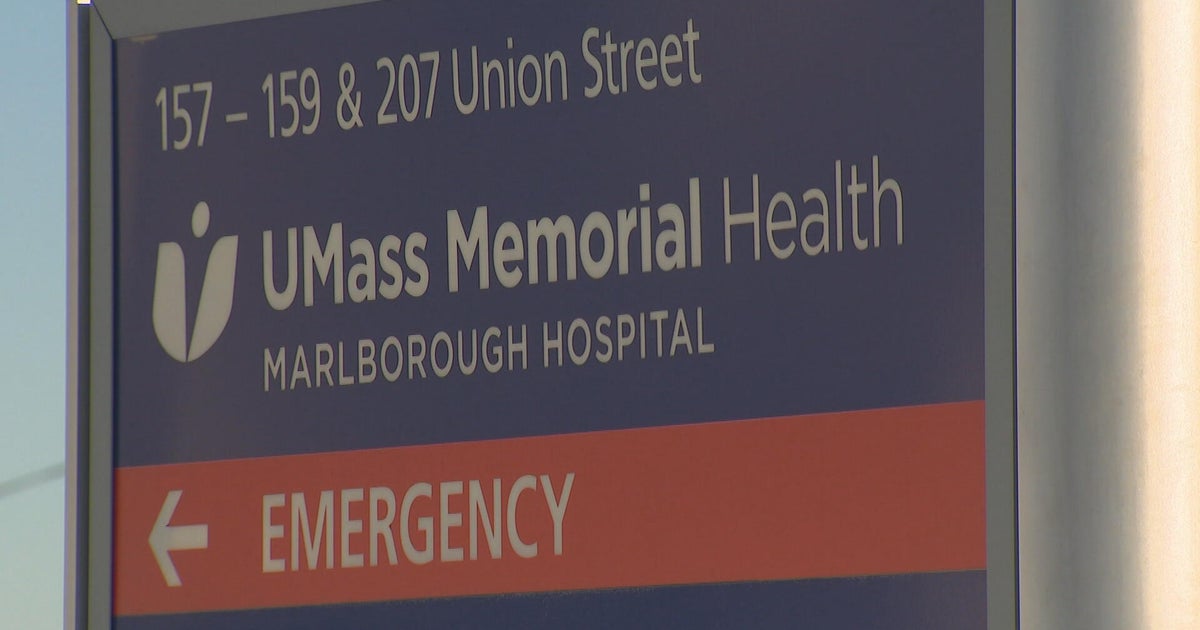Mercy Hospital & Medical Center
Mercy's history of caring reaches back more than two centuries to the commitment of one person, Catherine McAuley, who was born in Dublin in 1778, during a time of widespread poverty in Ireland. Catherine McAuley commissioned the House of Mercy, founded to help the poor, sick and uneducated. The extraordinary work that was done at the House of Mercy led to the formation of the religious order, Sisters of Mercy. The Sisters of Mercy carried their mission to the United States, creating hospitals, schools and providing care for those who needed it most.
Founded in 1852, Mercy Hospital & Medical Center has become an integral part of the city of Chicago, advancing its mission to provide access to compassionate care for diverse urban communities. During the past 160 years, Mercy continues to lead the way in enhancing the field of medicine, from being the first chartered hospital in Chicago, to achieving many "firsts" in the areas of surgery, technology, research and patient care.
In 1847 Mercy physician, Dr. Nathan Davis, founded the American Medical Association, which is now the largest medical association in America. In 1882, Sister Mary Ignatius Feeney became the first female registered pharmacist in Illinois, paving the way for women health care professionals. In 1977 Mercy dedicated Chicago's first Oncology Unit for cancer patients, and in 2010 Mercy was the first hospital in Chicago to purchase clean energy through a reverse auction process offered by Practice Greenhealth Healthcare Clean Energy Exchange.
Today Mercy's physicians continue the "first" tradition and are pioneers in their medical fields. Dr. Paul A. Jones, chief of cardiovascular services, was the first in Chicago to perform the FDA-approved carotid artery stenting procedure, now the gold standard in cardiovascular care. Recently, in 2009 Dr. Rami Lutfi, medical director of the Mercy LAP-BAND Program, became the first surgeon in Chicago to offer Laparo-Endoscopic Single-Site Surgery (LESS), which leaves patients with no visible scar.
As a teaching hospital, Mercy continues its commitment to advancing medicine through education, with its affiliations with University of Illinois and the University of Chicago. Mercy's medical residency program includes Internal medicine, OB/GYNE, Podiatry, and trains over one hundred residents each year, including independent residencies in Emergency Medicine, Surgery and Radiology.
Mercy's network of eleven auxiliary care facilities spans all over the metropolitan Chicago area, offering convenient, accessible health care. Mercy has a strong rich history in Chicago, and continues to carry forward in its mission of providing the area's most advanced medicine coupled with innovations in medical treatments, clinical trials, teaching and community outreach.







